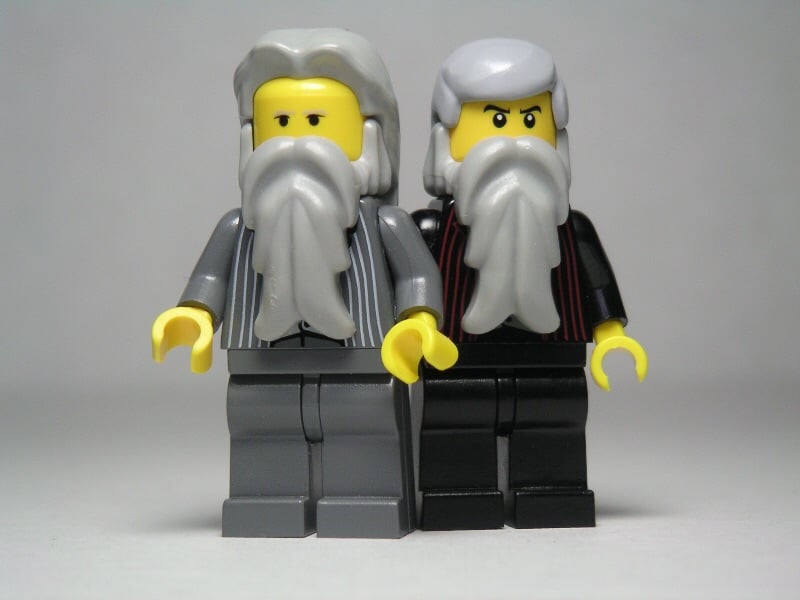All which the school can or need do for pupils, so far as their minds are concerned…..is to develop the ability to think. (John Dewey 1916)
I was recently asked by a colleague to recommend picture books that could be used as a springboard for discussion on philosophy (this was probably due to the vast number of picture books I had on my shelf). Well, I of course agreed and approached the task with gusto. I have shared the list with you below.
Philosophy is derived from the greek word philosophy; a ‘love of wisdom’. There are many varied definitions of philosophy. I find the definition by Marilyn Adam and Richard Bradley useful particularly in an educational context for students.
Philosophy is thinking really hard about the most important questions and trying to bring analytic clarity both to the questions and the answers.” ~ Marilyn Adams as cited in Edmonds and Warburton (2010).
or this definition by Richard Bradley
Philosophy is 99 per cent about critical reflection on anything you care to be interested in.” ~ Richard Bradley as cited in Edmonds and Warburton (2010).
There are six main branches of philosophy.
Metaphysics/ Ontology: the nature of reality and the universe. What is real?
Epistemology: the study of knowledge and how it is acquired. What is knowledge? do all people have the same knowledge? what types of knowledge are important?
Logic: how to develop valid arguments. What is truth? What does truth mean? Can the truth be proved?
Ethics: the study of right and wrong and how people should live. What is right and wrong? How should we live?
Politics: the study of government, citizen rights and political obligations. Is the government just? is democracy fair?
Aesthetics: beauty, art and artistic perception. What is beauty? What makes something beautiful? What is art?
All of these branches can be used to frame questions surrounding childrens’ literature.
 After all the work of thinking about, which picture books would be best. I have compiled a list, which I have shared with you below. These are some prominent authors whose stories could facilitate discussions on identity, friendship, love, perspective, ethics and other moral considerations.
After all the work of thinking about, which picture books would be best. I have compiled a list, which I have shared with you below. These are some prominent authors whose stories could facilitate discussions on identity, friendship, love, perspective, ethics and other moral considerations.
But what would this look like in the classroom? Watch the You Tube video below, which shows how philosophy can be used in a primary school setting by Professor Phillip Cam
P4C offers some thoughts on what types of questions constitute a philosophical question
- are open to examination, further questioning and enquiry;
- can’t be answered by appealing only to scientific investigation or sense experience;
- are questions about meaning, truth, value, knowledge and reality
After Reading the picturebook you frame your philosophical questions (The main focus needs to be thought about before the discussion).
One way to do this is through the Socratic method of questioning. This method of questioning is named for Socrates (ca. 470-399 B.C.), the early Greek philosopher/teacher. Socrates asserted that teaching is based on the practice of disciplined, rigorously thoughtful dialogue.
The Thinker’s Guide to the Art of Socratic Questioning (2006), by Richard Paul and Linda Elder identifies the types of questions which you can ask. These have been expanded to nine categories.
1. Questions of Clarification
2. Questions That Probe Purpose
3. Questions That Probe Assumptions
4. Questions That Probe Information, Reasons, Evidence, and Causes
5.Questions about Viewpoints or Perspectives
6.Questions That Probe Implications and Consequences
7.Questions about the Question
8.Questions That Probe Concepts
9.Questions That Probe Inferences and Interpretations
A PDF which lists questions under each of these headings can be found here
When you ask a philosophical question it is important that you remember: WAIT TIME IS VITAL. It is vital that students are given time to collect their thoughts and answer with depth and thought, rather than trying to get their answer out as quickly as possible.
50 Books to explore philosophical thinking.
Fairy Tales: These all have strong philosophical undertones to explore. Take one step further and read some fractured fairytales which help with visualising from another perspective.
Aesops Fables
Henry and Amy: Stephen Michael King
The Man who loved boxes: Stephen Michael King
The Paper Bag Princess: Robert Munsch
Mutt Dog: Stephen Michael King
Patricia: Stephen Michael King
Alexander and the terrible, horrible no good day: Judith Voist
Pearl Barley and Charlie Parsley: Aaron Blabey
Stanley Paste: Aaron Blabey
Sunday Chutney: Aaron Blabey
The Brothers Quibble: Aaron Blabey
Noah Dreary: Aaron Blabey
Pig the Pug: Aaron Blabey
Pig the Fibber: Aaron Blabey
Billy the Punk: Jessica Caroll
Edward the Emu: Rod Clement and Sheena Knowles
Edwina the Emu: Rod Clement and Sheena Knowles.
Stellaluna: Jannel Cannon
Wilfred Gordon McDonald Partridge: Mem Fox
Tough Boris: Mem Fox
John Brown, Rose and the Midnight Cat: Jenny Wagner
Fox: Margaret Wild
The Snail and the Whale: Julia Donaldson.
Last Tree in the City: Peter Carnavas
The Treasure Box: Freya Blackwood and Margaret Wild
The Runaway Hug: Freya Blackwood and Nick Bland
Luke’s Way of Looking: Nadia Wheatley and Matt Ottley
Mirror: Jennie Baker
The Giving Tree Shell Silverstein
Willy The Wimp: Anthony Browne
Piggy Book: Anthony Browne
Silly Billy: Anthony Browne
Zoo: Anthony Browne
Rose meets Mr Wintergarden: Bob Graham
The Fantastic Flying Books of Mr Morris Lessmore: William Joyce
The big book of happy sadness: Colin Thompson
Hey Little Ant: Phillip Hoose
Herbert and Harry: Pamela Allen
How to heal a broken wing: Bob Graham
The Stone Lion: Margaret Wild
Special Kev: Chris McKimmie
This is not my hat Jon Klassen
Possum Magic: Mem fox
Older Readers: These are for 5/6 and above
Tower to the Sun: Colin Thompson
The Arrival: Shaun Tan
The Rules of Summer: Shaun Tan
The Lost thing: Shaun Tan
The Rabbits: John Marsden and Shaun Tan
The Little Refugee: Anh Doh
Jandamarra: Mark Greenwood and Terry Denton
Useful Links
Tom Wartenberg’s site: Teaching Children philosophy, also has a list of books with discussion questions and prompts, which have been written by the students in Tom’s classes. A must.
Brain pickings offers short 60 sec videos on thought experiments. This would be a digital multimodal experience.
References.
Cassidy, C., & Christie, D. (2014). Community of philosophical inquiry: citizenship in the classroom. ‘You need to think like you’ve never thinked before.’. Childhood and Philosophy, 10(19), 33-54
Edmonds, David & Warburton, Nigel (2010), Philosophy Bites NewYork: Oxford University Press
Haynes, J & Karen Murris (2012) Picturebooks, Pedagogy and philosophy, Routledge



